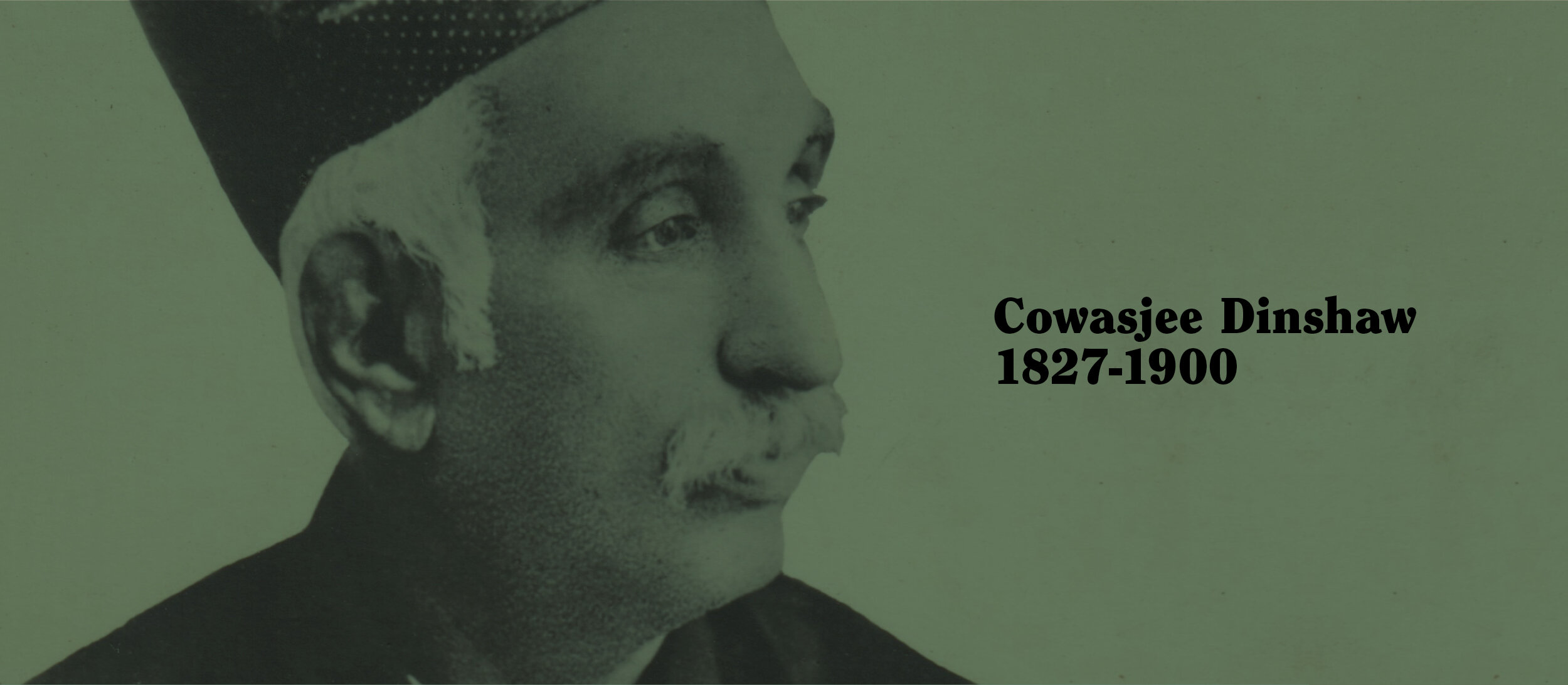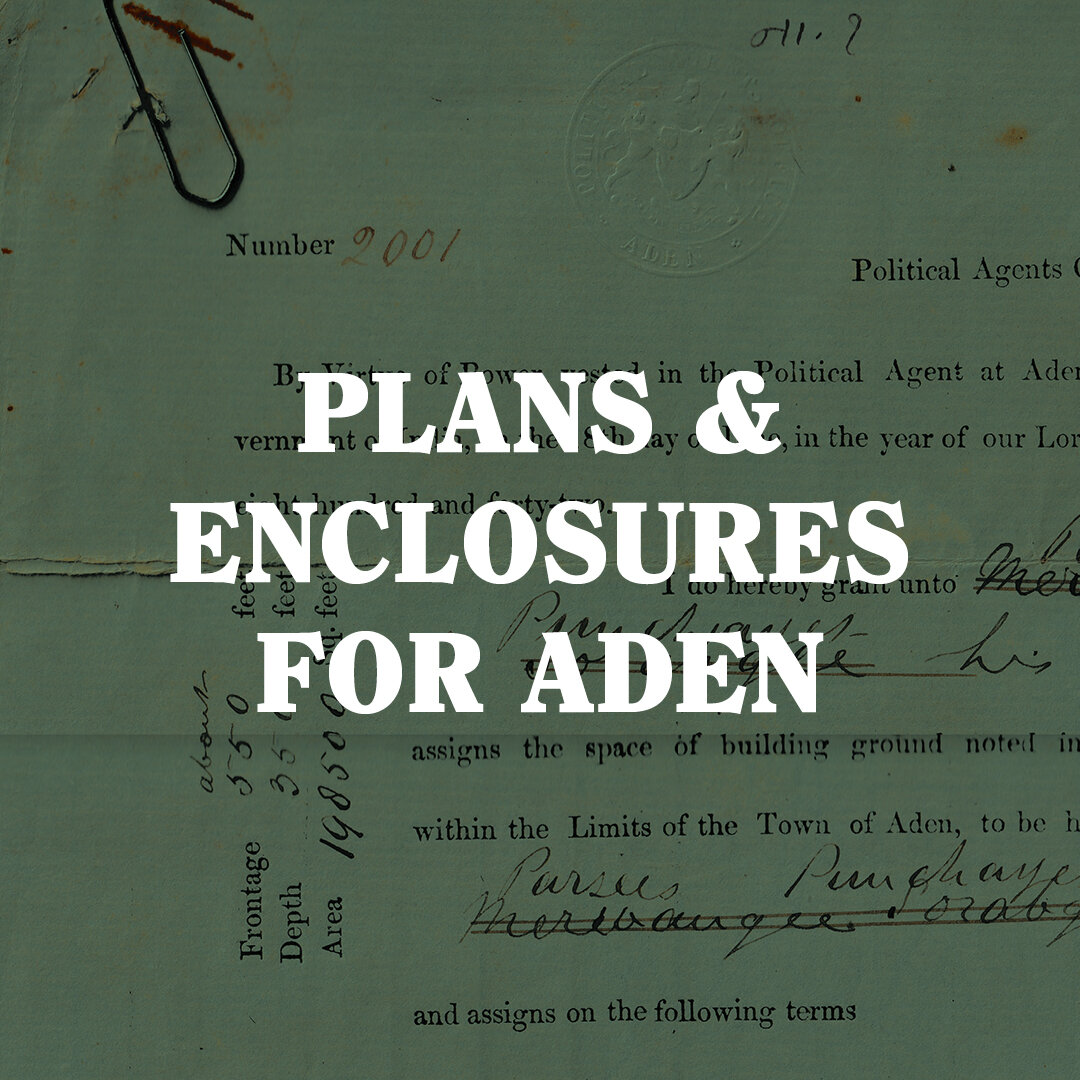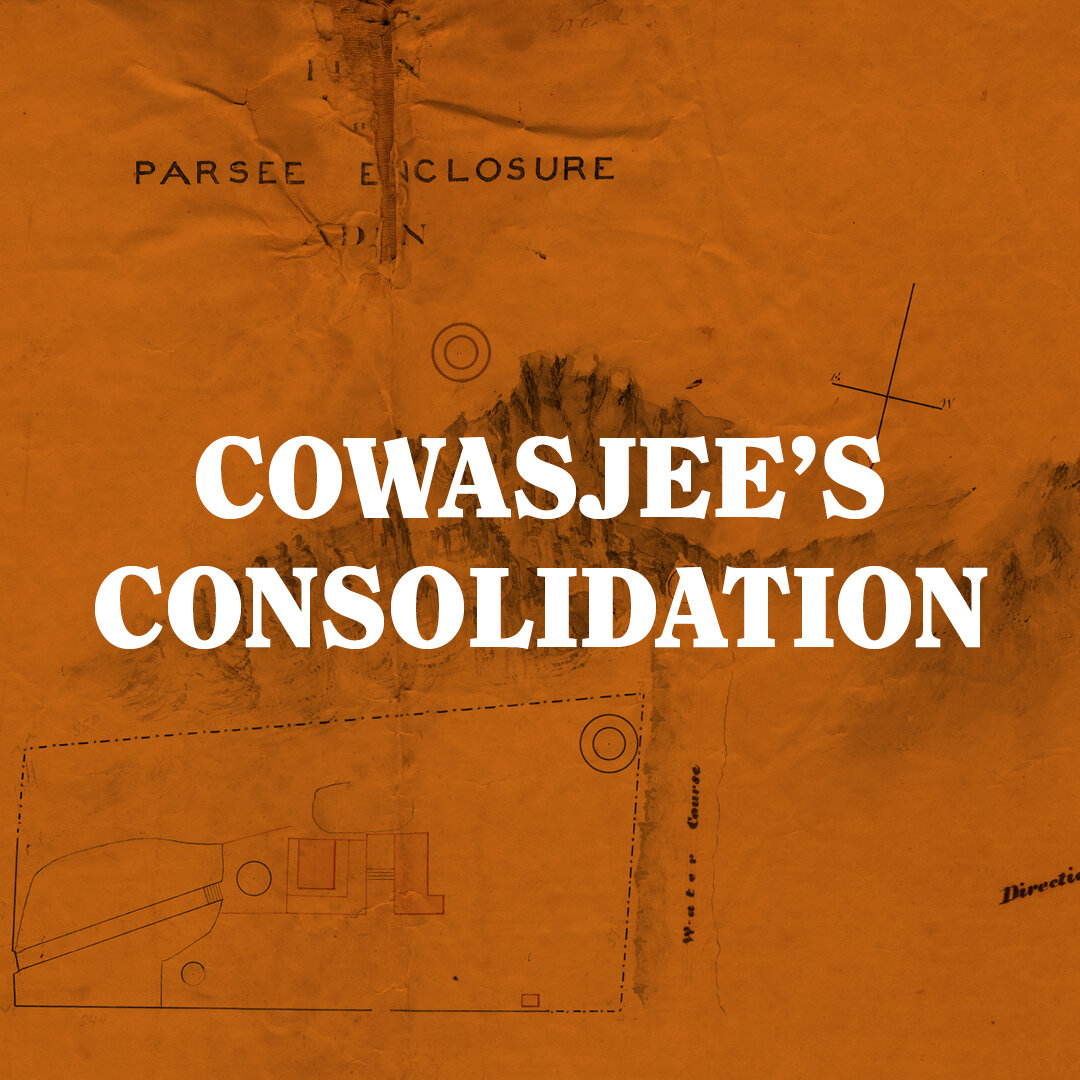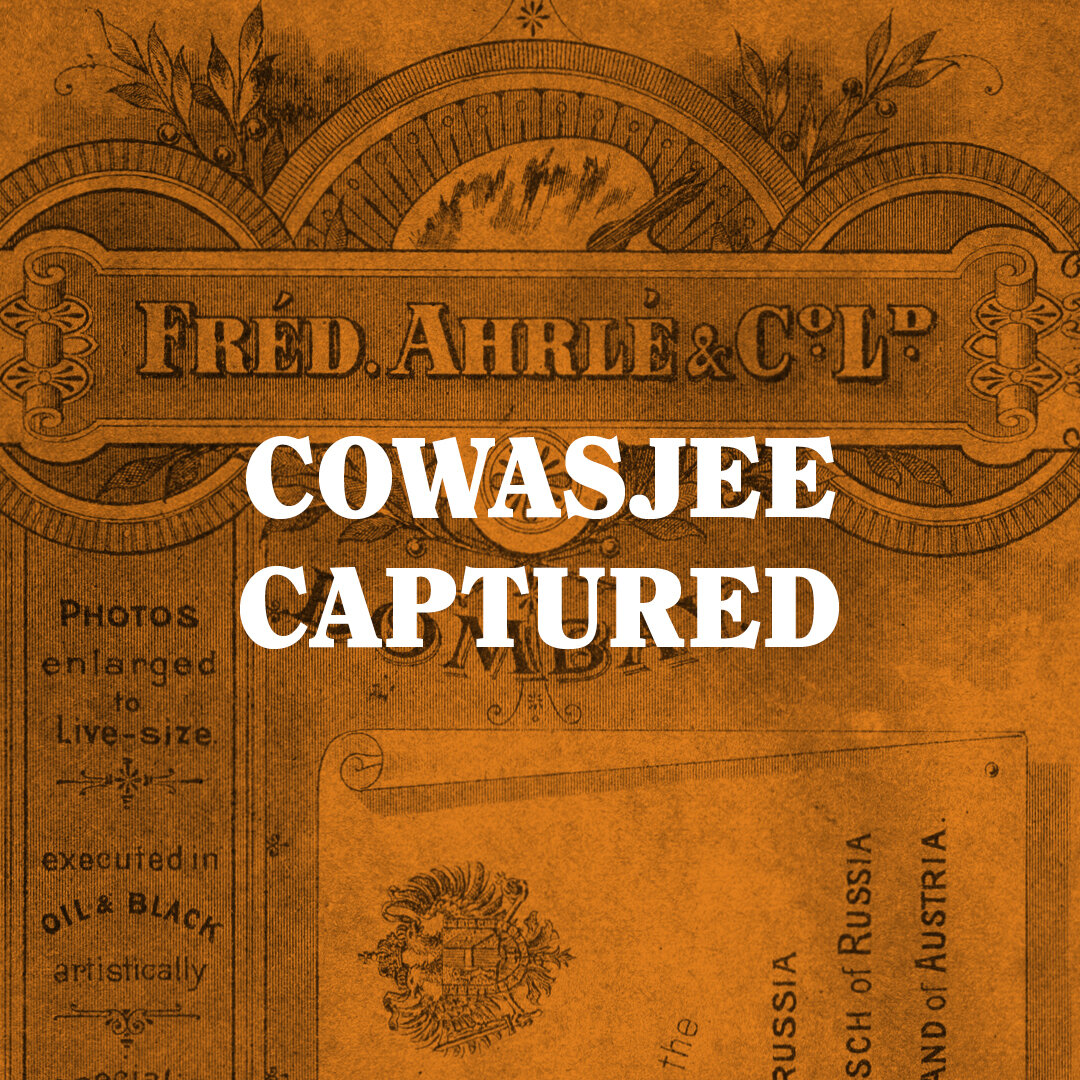ADENWALLA

The vast and visually captivating Adenwalla Archive, traces the trajectory of three generations of the Adenwalla family, who dominated the commercial and civic life of the port city of Aden in Yemen, in the age of Empire.
Operating through the firm Cowasjee Dinshaw & Bros., the Adenwallas extended their public roles, particularly in the areas of Parsi philanthropy, to the cities in which the firm had its branches- Bombay, Zanzibar, Dar-es-Salaam, Hodeidah, Berbera and Djibouti.
The links between Aden and Bombay were the strongest, with the family maintaining substantial bases in both cities. Bombay was probably also where the family became known as the Adenwallas. For it was customary to acquire a place-name as a surname when away from the original location.
The Adenwallas were probably the last of Bombay’s sethias, a class of native elites that combined pre-industrial business practices -- as ship owners, shipping agents and contractors, landlords, provisions and general merchants and public auctioneers- with public philanthropy and community patronage.
COWASJEE DINSHAW COLLECTION
Cowasjee Dinshaw, principal partner of the firm Cowasjee Dinshaw & Bros., was at the forefront of the transformation of Aden from a sparsely populated settlement to the Empire’s busiest transit and commercial port.
Arriving in Aden from Bombay in 1845, Cowasjee initially worked at the firm of Muncherjee Eduljee Sopariwalla & Sons, at which his father Dinshaw was the manager. By 1850, Cowasjee had branched out on his own, providing supplies to the garrison and government from a thatched hut erected in the Crater area, commuting on a donkey and sometimes an Arab pony from his village to work.
Cowasjee Dinshaw & Bros. was constituted in 1854, with his brothers Dorabjee and Pestonjee as partners. The firm’s premises were located at Steamer Point, the new civic and commercial district developed along the harbour. By then Cowasjee Dinshaw & Bros. had become the leading military and naval suppliers in Aden, launching steam boat services for strengthening colonial communication networks, provision and live-stock supplies and transporting servicemen and civilians between Aden, Perim and the Somali Coast. Cowasjee received viceroys, nobility and the Prince of Wales (1875), when they landed in Aden en route to India. He was made a Companion of the Indian Empire (C.I.E.) in 1894.
The documents under the Cowasjee Dinshaw Collection of the Adenwalla Archive, largely pertain to the community building activities of the second wave of Parsi settlers in Aden and Cowasjee’s role as the consolidator and custodian of the community assets of a new fire-temple, funerary tower etc.
In the Gujarati documents Cowasjee is often referred to and signs his name as Cowasji Dinshaw Darjina, Darjina being the surname his grandfather had acquired in Bombay. The name Cowasji Dinshaw Adenwalla, as we know it today, appears in the letter listing the terms and conditions for the firm’s donation towards the construction of the Anjuman Atash Behram, a new fire temple in Bombay. It was for an audience in another city (Bombay), that the surname of Adenwalla would have cachet. In Aden, everyone was an Adenwalla.







